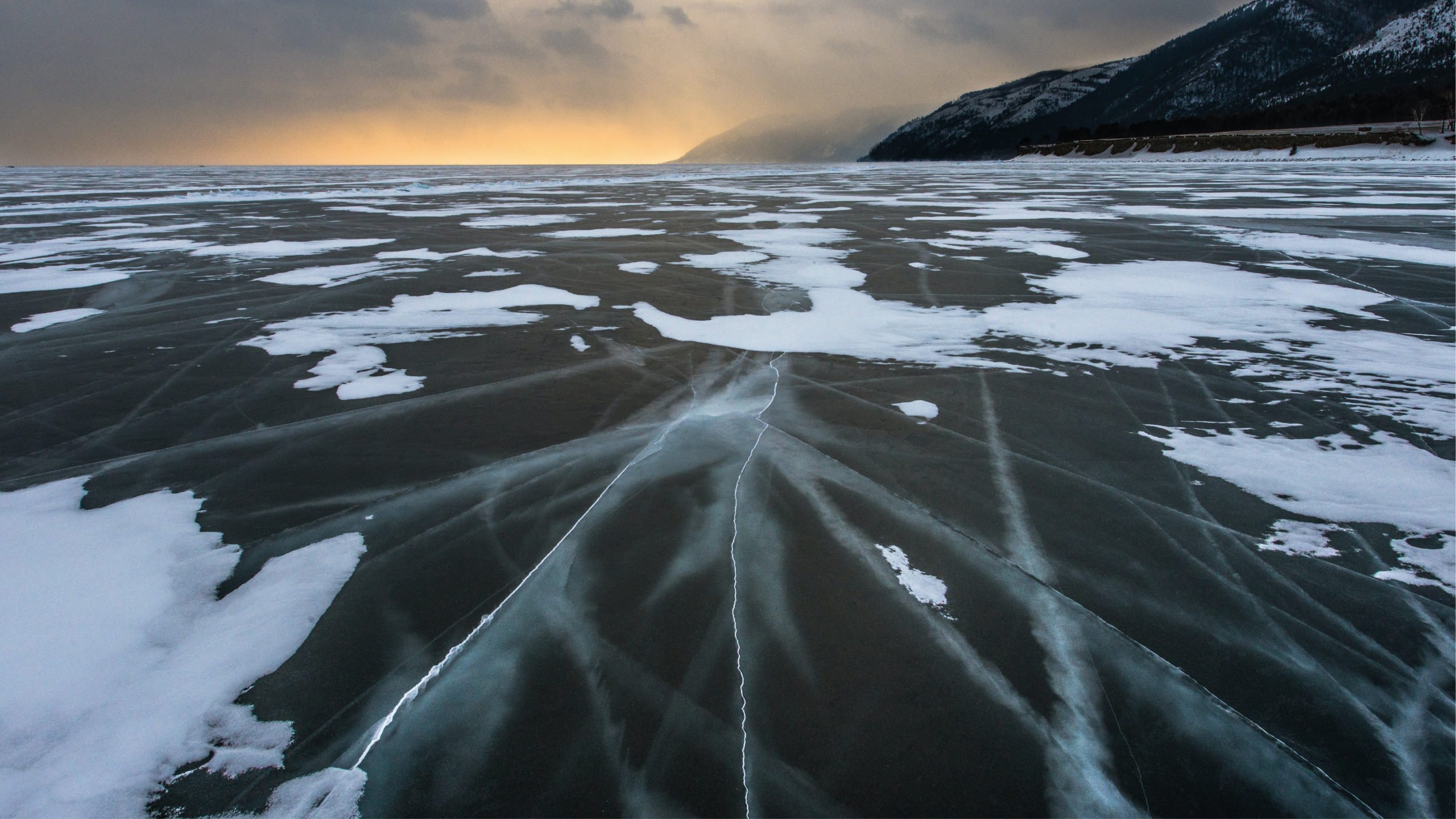The United Nations has warned that the last African glaciers will disappear by 2040

EFE.- Climate change puts Africa at a “disproportionate vulnerability” to disasters that Rising temperatures (above the global average), as well as the melting of the last African glaciers by 2040, United Nations Meteorological Agency Alerts.
“During 2020, the climatic indicators in Africa were characterized by continuous warming, acceleration of sea level rise and extreme weather and meteorological phenomena,” said WMO Secretary-General Petteri Taalas. , in the presentation of the “State of Climate in Africa 2020” report.
Although Africa contributes only 4% of the world’s greenhouse gas emissions, the study’s conclusions indicate that the region is already experiencing the impact of climate change above the global average in many areas, such as rising temperatures and rising sea levels. .
Don’t Miss: Scientists Warn Of Accelerated Glacier Melting Since 2000
According to the report, which was presented at the Extraordinary World Meteorological Congress ahead of the upcoming United Nations Conference on Climate Change (COP26), Thus, the impact of climate-related disasters in Africa is also increasing in the form of floods, landslides and droughts.
The World Meteorological Organization also warned that the last African mountains are still covered by glaciers on the continent –Mount Kenya (Kenya), Rwenzori (Uganda) and Mount Kilimanjaro (Tanzania) will all see their ice disappear by 2040.
“The rapid shrinkage of the last remaining glaciers in East Africa, which is expected to completely melt in the near future, indicates the risk of imminent and irreversible change in the Earth system,” said Taalas, according to a statement from the organization.
ALSO READ: Alaska heat wave causes fires and melting snowyaris
Temperatures, in general, are rising in Africa faster than the global average, and 2020 was placed between the third and eighth years (depending on the databases used, the report notes) warmer than the continent’s historical record.
The effects of climate change in Africa could mean a 3% GDP contraction by 2050, according to the World Meteorological Organization (WMO)., if appropriate measures are not taken.
In addition, climate disasters are affecting more and more people, leading to more poverty, food insecurity and more forced displacement.
It may interest you: A fabric sheet helps protect Swedish glaciers from global warming
By 2030, it is estimated that As many as 118 million people living in extreme poverty (i.e. living on less than $1.9 a day) will be exposed to droughts, floods and extreme heat in Africa.” On the other hand, Josefa Leonel Correa Sako, Commissioner for Rural Economy and Agriculture of the African Union Commission, who was also involved in the study, warned.
Sub-Saharan Africa’s adaptation to climate change will cost $30-50 billion a year over the next decade, But the effects of not implementing the measures, according to the World Meteorological Organization, will be greater in terms of disaster relief.

“Award-winning zombie scholar. Music practitioner. Food expert. Troublemaker.”









